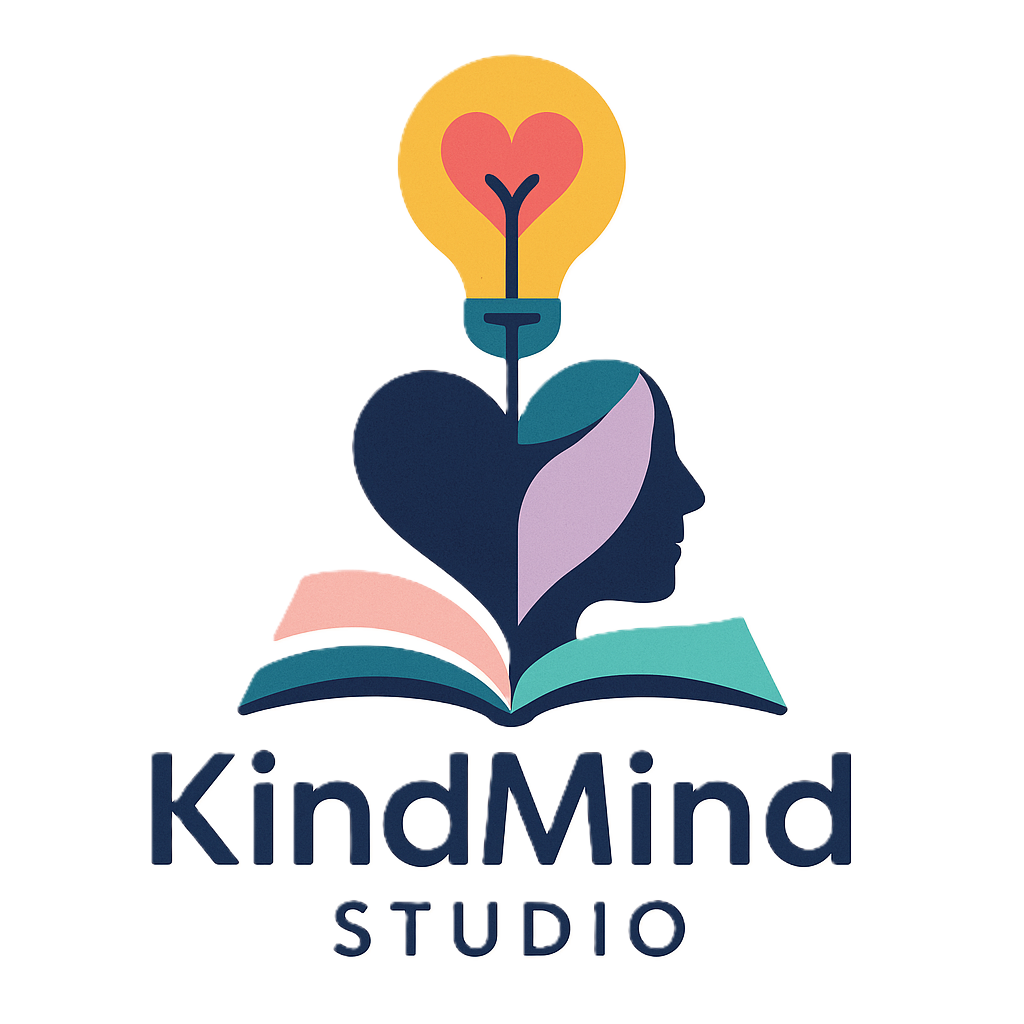We Need New Tools
“Those of us who stand outside the circle of this society's definition of acceptable women; those of us who have been forged in the crucibles of difference -- those of us who are poor, who are lesbians, who are Black, who are older -- know that survival is not an academic skill. It is learning how to take our differences and make them strengths. For the master's tools will never dismantle the master's house. They may allow us temporarily to beat him at his own game, but they will never enable us to bring about genuine change.” –Audrey Lorde
My Journey
At my core, I am a storyteller. Years ago, I wanted to be an actress, then a writer, and then a filmmaker. I stumbled upon graduate school as a means of creating richer stories and then ultimately fell into a career in academia. Even then, I never intended to become an administrator. I was perfectly happy with life as a faculty member: teaching my classes, doing my research, and serving the institution to the best of my ability. Regardless of the role, I have always been committed to serving my students and trying to make the world a better place. Over the years, I have observed that higher education is not set up to be welcoming, accommodating, or hospitable to folks who look like me or to anyone else from historically marginalized and underrepresented backgrounds based on class, gender, race, ethnicity, religion, sexuality, or ability. The master’s tools made it so.
Understanding the Master’s Tools
For those new to these frameworks, Audre Lorde message can be succinctly explained via Dr. Tema Okun’s work on the characteristics of white supremacist culture. The master’s tools are as follows: perfection over progress, a false sense of urgency over careful inclusive planning, defensiveness in the face of opposition, valuing quantity over quality, worshipping the written word (often in English) over other forms of expression, believing in only one right answer over the idea that right answers can exist in tension with one another (an either or rather than an and mentality), paternalism over shared power, individualism over community, personal comfort over justice and sacrifice, and finally a belief that more is better.
In a nutshell, these tools can best be described as what social researcher Brene Brown calls power over relationships. In this framework, power over creates perceived competition for scarce resources: money, influence, prestige, credit, notoriety, fame, etc. There are innumerable structures, systems, and incentives based on a power over model.
My journey as a leader and my philosophy of leadership are centered around these thoughts. As a younger black woman, activist, and advocate for equity in higher education working in a predominantly white and predominantly male profession, I have found I am most effective when I embrace the opportunity to put down the master’s tools and pick up tools of my own.
Over the years, people of different genders, races, ethnicities, abilities, and religions found ways to beat the master at his own game, to claim their seat at the table. But as Lorde asserts, to do so likely required the master’s tools and, subsequently, only incremental change.
The master’s tools would tell me as a young, black woman to be quiet, submissive, and accommodating if I want to maintain a seat at the table. If I am too loud or too assertive, then I am a threat or a hinderance. Of course, loudness, in this case is highly subjective because even a whisper spoken with steadfast commitment to justice can be seen as a threat to the master’s tools of dominance and power over.
Choosing New Tools
Despite this, I have attempted to discard the master’s tools by adopting many of the opposite characteristics and remaining resolute despite the circumstances or individuals that would choose to make me do otherwise. I choose to make space for those who do not have access to the seat at the table and I choose to build new tables. I center compassion, empathy, honesty, justice, equity, and, above all, kindness in my individual interactions and my community building endeavors. I choose progress over perfection. I choose the journey over the destination. I choose community and collaboration over individualism and competition. I choose humility and vulnerability over defensiveness. I choose truths in tension with one another. I choose quality over quantity. I invite multiple modes of expression, verbal and non-verbal and in many languages. I choose patience over urgency. I choose justice over comfort and self-preservation. I choose less is best over more is better. I choose power with and power to over power over. Ultimately, I choose kindness. What tools are you choosing today?
